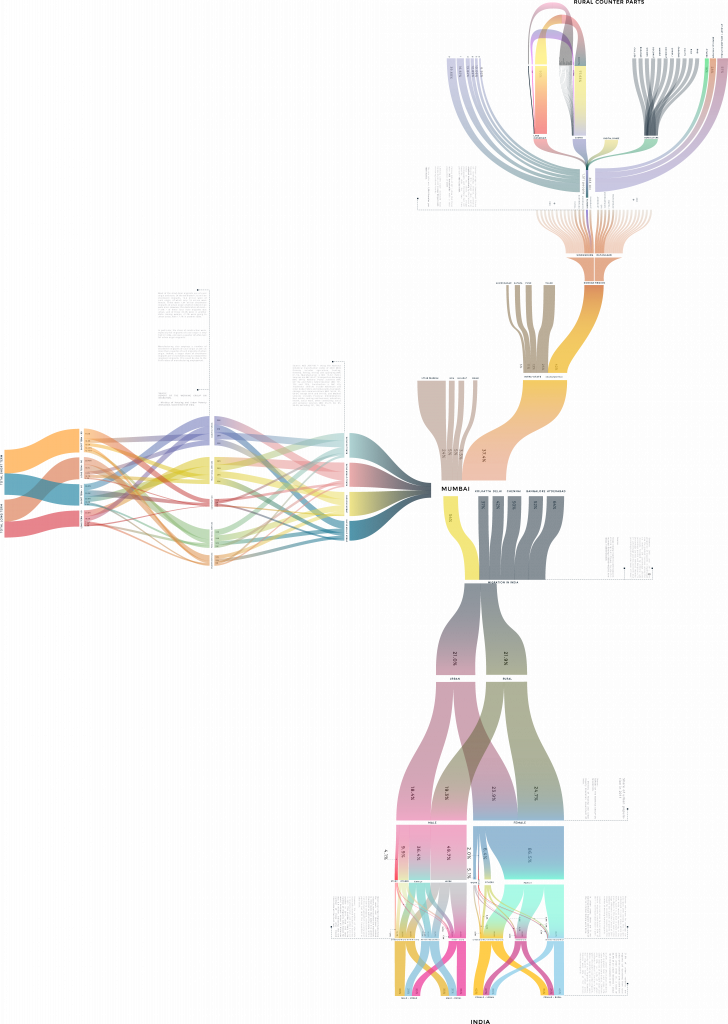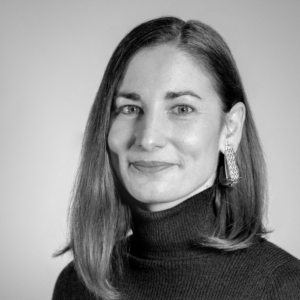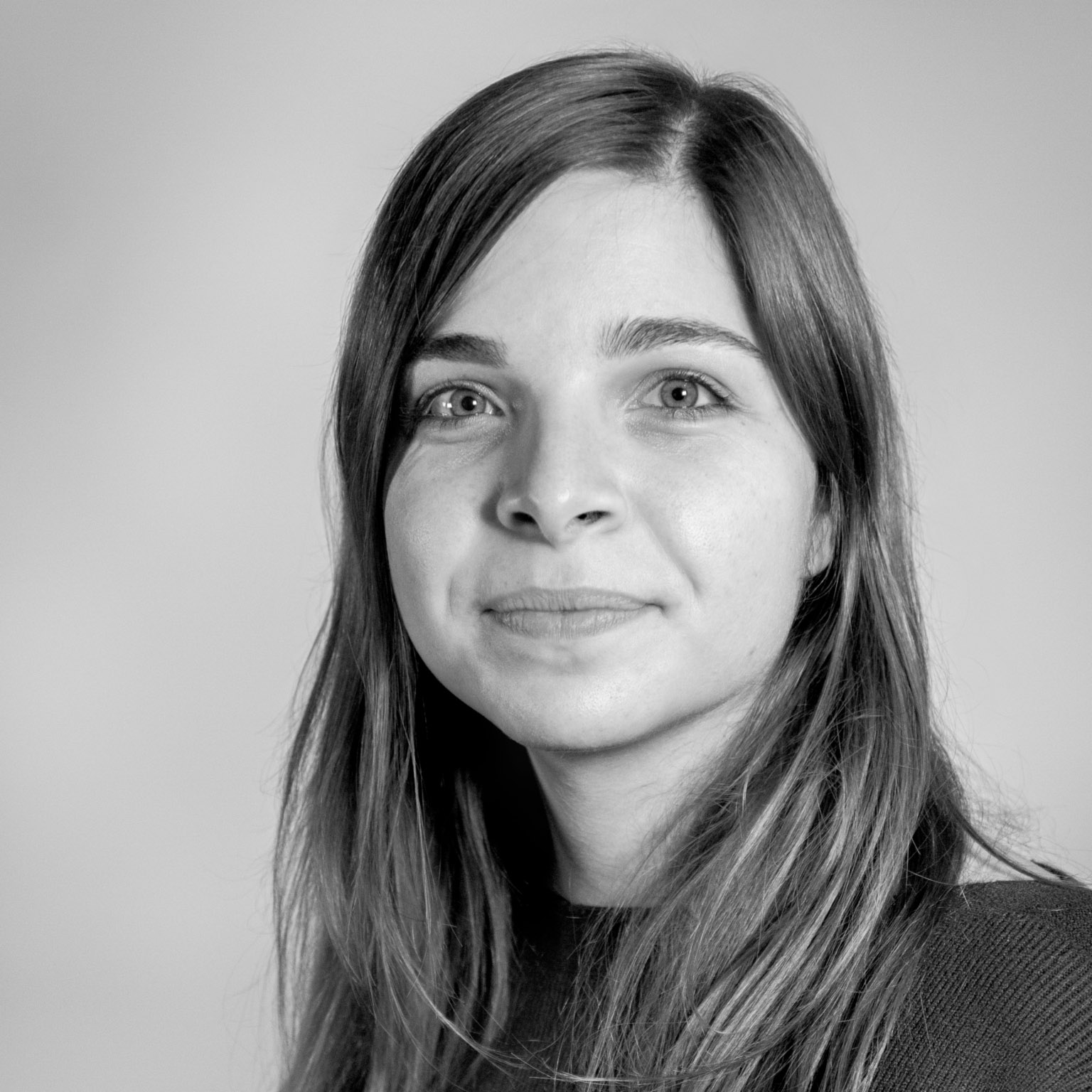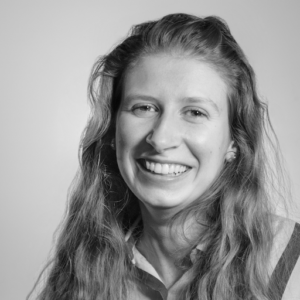Syllabus⇝
The second year of the IAAC Master programs is dedicated to the development of an Individual thesis agenda, where students delve into an in depth and independent research within the broader context of their specific program of choice. In support of this process, the Research & Methods Course offers itself as a platform oriented to the learning, understanding and application of specific research and experimental skills to develop and manage research processes and content. The course follows the learning by doing methodology applied at IAAC, whereby students test the research skills acquired through the course within the context of their individual thesis agenda. Students also develop critical thinking competencies to support data acquisition, literature review processes and state of the art analysis. The goal of the course is for the students to be versed in the learnings of the course by the end of the cycle, empowering them to be confident and independent researchers. The course includes all phases of the research, from designing the research itself, the program of study, to practical information on localising sources and databases, defining key research objectives, selecting a methodology, designing and developing experiments, determining a related and selected bibliography, and compiling the thesis delivery in itself, all focussed on understanding and prioritising information.
Format⇝
The course is run in a mixed format consisting of short lectures and development exercises. Each class/development exercise, the students will treat a new subject related to their research development, from planning their research, methods and skills, research protocols and databases, to the delivery of their thesis.
Grading Method⇝
European Credit Transfer and Accumulation System (ECTS)
3 ECTS over three terms:
- Term 1: Research & Methods 01 (1 ECTS)
- Term 2: Research & Methods 02 (1 ECTS)
- Term 3: Research & Methods 03 (1 ECTS)
Faculty⇝
Mathilde Marengo is an Australian – French – Italian Architect, with a Ph.D. in Urbanism, whose research focuses on the Contemporary Urban Phenomenon, its integration with technology, and its implications on the future of our planet. Within today’s critical environmental, social and economic framework, she investigates the responsibility of designers in answering these challenges through circular and metabolic design.
She is Head of Studies, Faculty and Ph.D. Supervisor at the Institute for Advanced Architecture of Catalonia’s Advanced Architecture Group (AAG), an interdisciplinary research group investigating emerging technologies of information, interaction and manufacturing for the design and transformation of the cities, buildings and public spaces. Within this context, Mathilde researches, designs and experiments with innovative educational formats based on holistic, multi-disciplinary and multi-scalar design approaches, oriented towards materialization, within the AAG agenda of redefining the paradigm of design education in the Information and Experience Age.
Her investigation is also actuated through her role in several National and EU-funded research projects, among these Innochain, Knowledge Alliance for Advanced Urbanism, BUILD Solutions, Active Public Space, Creative Food Cycles, and more. Her work has been published internationally, as well as exhibited, among others: Venice Biennale, Shenzhen Bi-City Biennale, Beijing Design Week, MAXXI Rome.
Nikol Kirova is an interdisciplinary Bulgarian architect with an educational background in interior design, urban planning, and advanced architecture. Currently, Nikol is a teaching assistant and a researcher at IAAC, developing her Ph.D. with a focus of her research is the integration of material innovation in design and architecture, as part of the IAAC-SWIN offshore Ph.D. program, developed with the Swinburne University of Technology.
The common feature of her work is the search for alternative solutions for optimized construction, material informed design, and spatial communication. Her research interest lies in investigating how materiality in architecture and construction can be reestablished and propose a better communication between the built environment and its inhabitants.
For a couple of years Nikol was developing Synapse, a smart material system for real-time urban flow data collection toward responsive environments and informed decision making. The novel research was awarded with the Digital Matter and Intelligent Construction and the Artificially and Materially Intelligent Architecture excellence awards in 2018 and 2019.
Fiona Demeur is an architectural designer with a passion for designing and working with nature to find architectural solutions for the city. She is currently working in the EU Project’s Department as a researcher and managing the Erasmus+ Programmes including Urban Shift.
After completing the Master in Advanced Architecture 02 at IAAC where she developed her thesis on food circularity, she has been involved with two start-ups. The first, eiria, a start-up developed here at IAAC during the BUILDs Programme and formerly known as aeroSQAIR, and secondly add.apt, a start-up based in Lagos, Nigeria formed by IAAC alumni. Both start-ups have been focusing on merging sustainable solutions with technological strategies.



